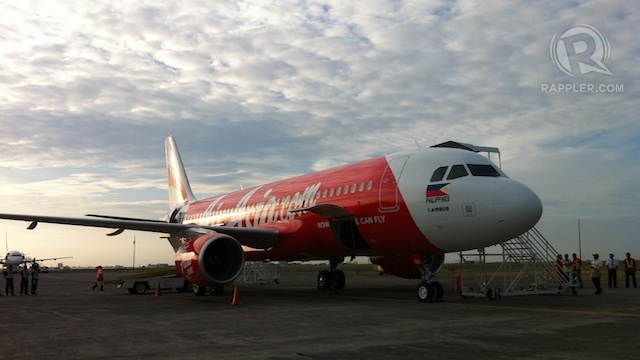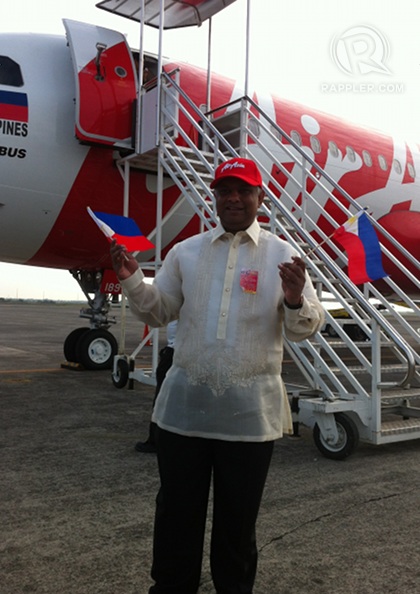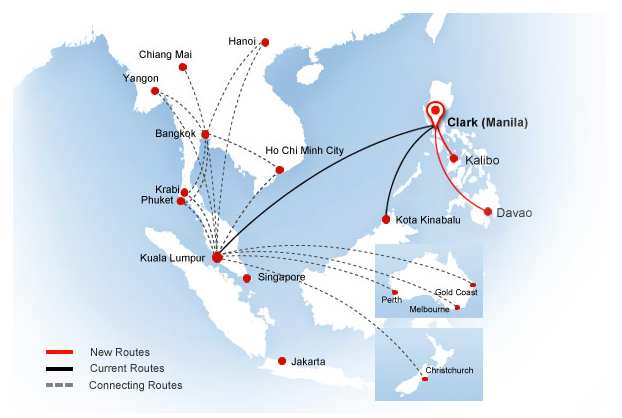MORE FIRE IN CAAP
March 31, 2012
Are foreign countries now apprehensive over the safety of Philippine air carriers in the light of another failed review by the Federal Aviation Authority (FAA) on the country’s adherence to international aviation safety standards?
This is the question now worrying many industry stakeholders after the Autoridade de Aviacao Civil, the civil aviation authority of the Macau SAR (Special Administrative Region), demanded from the Civil Aviation Authority of the Philippines (CAAP) “information on safety oversight inspection of (Philippine) air operators,” specifically Philippine Airlines (PAL) and Cebu Pacific Air.
The request by Chan Weng Hong, president of the Macau civil aviation authority, to CAAP director general Ramon S. Gutierrez, dated February 29, came more than a month after the Federal Aviation Authority (FAA) of the United States reported that the Philippines has again failed to address at least 23 specific “safety concerns” and eight “critical elements” in relation to international aviation safety standards being strictly adhered to by civil aviation authorities all over the world.
Since the country has been downgraded to “Category 2” by the International Civil Aviation Organization (ICAO) in 2007 due to safety issues, it has consistently failed in its efforts to remove the tag that has resulted in the banning of all Philippine-based air carriers from entering Europe and the United States since 2009.
“I am writing to request your provision of the records and results of safety oversight inspections of the Philippine Airlines and Cebu Pacific Air for the previous year (2011),” reads the letter of Hong to Gutierrez.
“As (PAL and Cebu Pacific) operate scheduled flights to and from Macau, your report of recent inspections and (safety) findings in the last 6 months can assist our authority to evaluate the operating standards of the above operators,” Hong said.
Hong further noted that the request is in compliance with Macau’s own “safety assessment of foreign aircraft” (SAFA) that it uses for surveillance of operations in the Macau special administrative region by any foreign carrier.
He said the information is necessary so that civil aviation authorities in Macau can “take appropriate action when necessary to preserve safety.”
This is the question now worrying many industry stakeholders after the Autoridade de Aviacao Civil, the civil aviation authority of the Macau SAR (Special Administrative Region), demanded from the Civil Aviation Authority of the Philippines (CAAP) “information on safety oversight inspection of (Philippine) air operators,” specifically Philippine Airlines (PAL) and Cebu Pacific Air.
The request by Chan Weng Hong, president of the Macau civil aviation authority, to CAAP director general Ramon S. Gutierrez, dated February 29, came more than a month after the Federal Aviation Authority (FAA) of the United States reported that the Philippines has again failed to address at least 23 specific “safety concerns” and eight “critical elements” in relation to international aviation safety standards being strictly adhered to by civil aviation authorities all over the world.
Since the country has been downgraded to “Category 2” by the International Civil Aviation Organization (ICAO) in 2007 due to safety issues, it has consistently failed in its efforts to remove the tag that has resulted in the banning of all Philippine-based air carriers from entering Europe and the United States since 2009.
“I am writing to request your provision of the records and results of safety oversight inspections of the Philippine Airlines and Cebu Pacific Air for the previous year (2011),” reads the letter of Hong to Gutierrez.
“As (PAL and Cebu Pacific) operate scheduled flights to and from Macau, your report of recent inspections and (safety) findings in the last 6 months can assist our authority to evaluate the operating standards of the above operators,” Hong said.
Hong further noted that the request is in compliance with Macau’s own “safety assessment of foreign aircraft” (SAFA) that it uses for surveillance of operations in the Macau special administrative region by any foreign carrier.
He said the information is necessary so that civil aviation authorities in Macau can “take appropriate action when necessary to preserve safety.”










